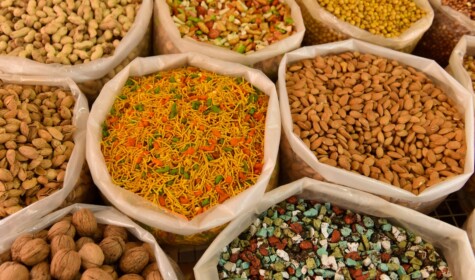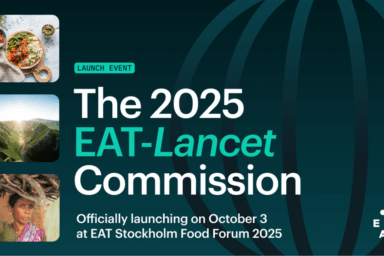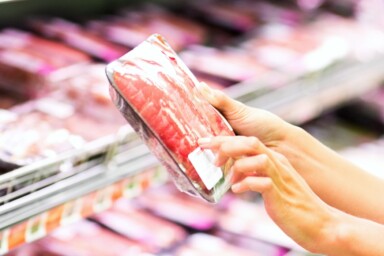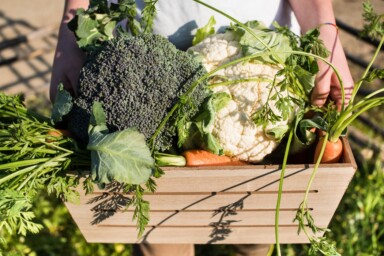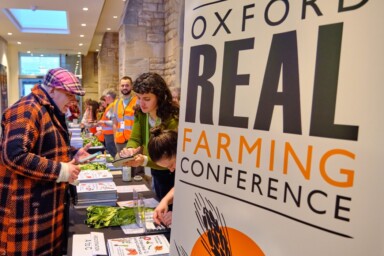In the continuing annals of the Brexit catastrophe is a, perhaps unexpectedly, knotty issue around seeds that is impacting smaller scale agroecological seed producers and growers. Pre-Brexit, some 80% of UK seed was imported, most from the EU, the biggest seed producer in the world. But, in the rush of separation between the EU and UK seed lists, a wide array of open-pollinated varietals, especially local and ‘heritage’ seed, was missed in the transition – and that’s affected what’s available. This has hit box schemes hardest. One grower recently bemoaned the availability of open-pollinated red pepper seeds after having to purchase F1 hybrid seeds (at £5 for five seeds) – he couldn’t get the open-pollinated varietal that was more suited to the locale and land on which he farmed (and which cost £1 a packet instead of £5).
In July 2022, a new wave of paperwork arrived specifically directed at organic producers. The costs involved are significant and, consequently, it has had a considerable impact upon seed producers. Marianne Landzettel, who wrote about this issue for the Sustainable Food Trust a year ago, predicted that “things will get worse”, and indeed this has proved true. For organic and agroecological growers on the ground, getting diverse seed on import has become much more difficult, largely because of the introduction of seed testing by the Animal and Plant Health Agency. The testing is expensive for seed producers, and it requires a large amount of seed to be tested. So, again, smaller-scale producers are significantly affected.
One of the key problems lies in the fact that there are few seed producers in the UK and it’s not always easy growing in the British climate, even with localised varietals. Further, there is a dearth of organic seed – the Gaia Foundation point out that only “3% of all the seed available to grow on the UK market” is organic. Recognising this, Gaia, working with the Soil Association, Landworkers’ Alliance and Seed Cooperative, has set-up the ‘UK and Ireland Seed Sovereignty Programme’, which aims to support small-scale growers by creating “a resilient agroecological seed system with regional diversity at its heart”.
Katie Hastings, who works on the Seed Sovereignty Programme, says the programme started out of a recognition that there was a real lack of seed saving skills in the UK. It is becoming increasingly important that seeds be adapted to the climatic conditions of where food is being grown. “When a farmer buys F1 seed, they cannot save their own seeds from that crop for the following year, meaning that there is not a chance to build regional resilience in their seeds.” Now five years into the Programme, Katie comments that they are seeing an increase in seed being produced on farms in the UK and Ireland which will build more resilience into what’s being grown. “This obviously means that, as a country, we are more resilient to changes in laws around importing seeds.”
Producer, Kate McEvoy, of Real Seeds, has commented that there is also very little knowledge about how much seed is being produced overall in the UK, which then also makes it difficult to assess whether this is something of concern. There needs to be some concerted study of the sector to assess its standing.
Kate has asserted that, “a sustainable seed system is the foundation of a sustainable farming future that can feed us without exploiting or damaging the land.” That is a critical starting point in the transition to sustainable farming that is becoming imperative. Government has recently concluded a ‘Call for Ideas’ that will feed into the development of a ‘Plant Variety and Seeds Strategy’; there is hope that the ideas to come out of that consultation will open wider conversations with Defra which might address strengthening UK seed sovereignty, encouraging seed saving more widely in edible horticulture, and ensuring that open-pollinated seed and local varietals suited to the UK climate are prioritised.
